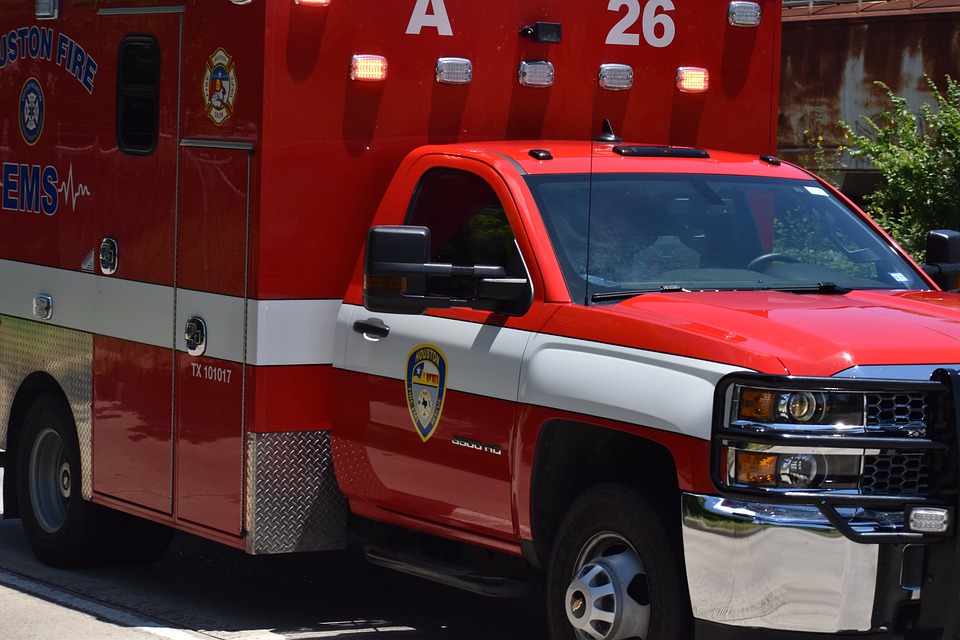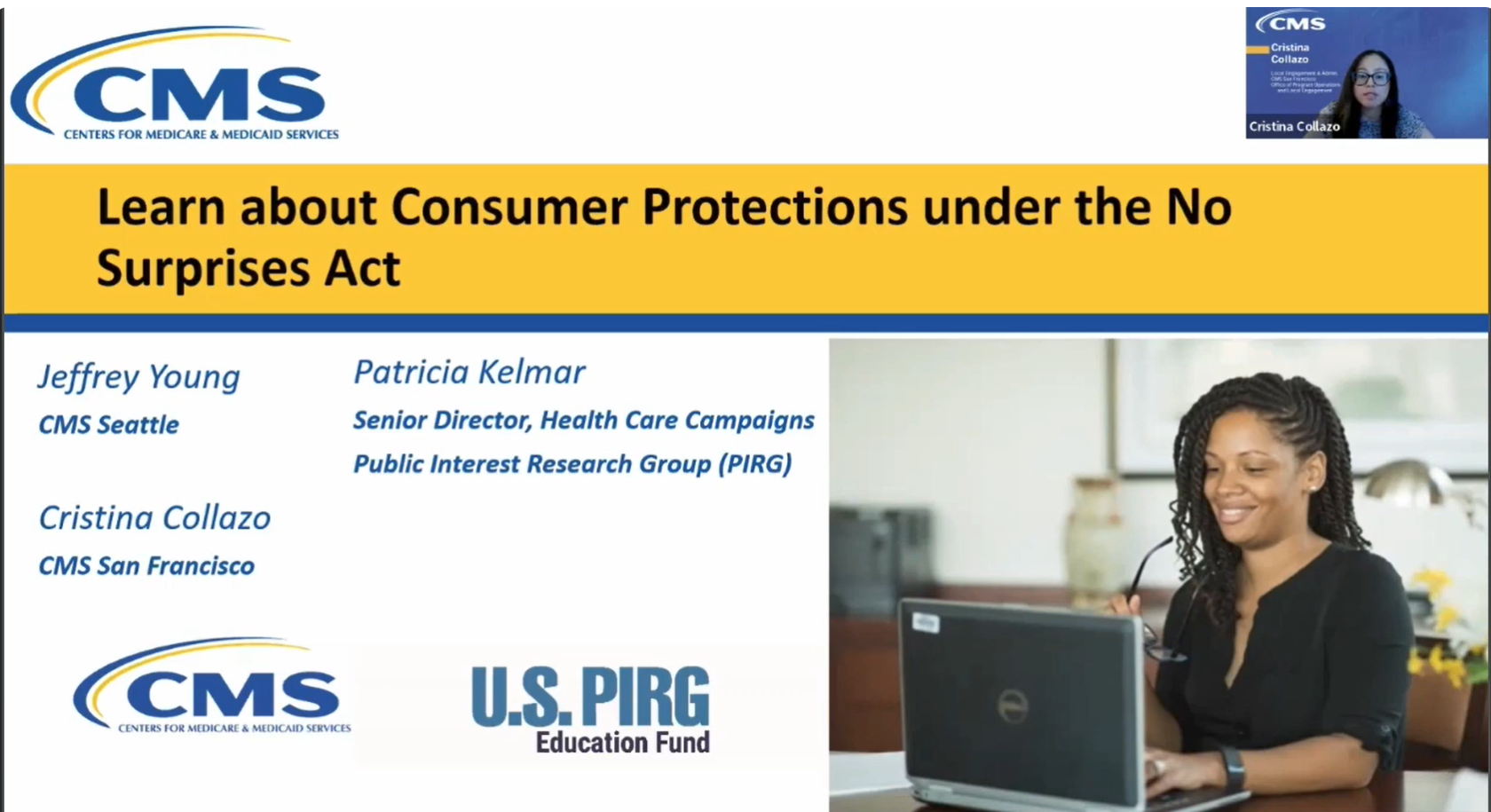
Ground ambulances: the one surprise bill not covered by the ‘No Surprises Act’
Some people ‘subscribe’ to ambulances, but the subscription may not be worth it

GUEST BLOG AUTHOR: Payton Stredler, University of Virginia, BA 2022, MPP 2023 (Summer 2021 U.S. PIRG Health Care Campaigns Intern)
Several government agencies are expected to release interim final rules for the federal No Surprises Act by July 1st. The new law, which will take full effect on Jan. 1, 2022, prevents patients from receiving surprise out-of-network medical bills from many hospitals, providers, or air ambulances (planes and helicopters). However, ground ambulances are specifically left out of the new national law, so, for too many Americans, the day an ambulance bill arrives adds insult to injury.
Currently, only eight states offer some protection from some of these out-of-network ambulance charges: Colorado, Delaware, Maine, Maryland, New York, Ohio, Vermont and West Virginia. In the other 42 states, until Congress decides to extend consumer protections from surprise bills to the ground ambulance industry, it’s the Wild West.
According to the New York Times, ambulances have the highest out-of-network billing rate of any medical specialty. A study published in the April 2020 Health Affairs cites a median cost of $450 — and says 71 percent of ambulance rides had the potential to result in a surprise bill.
With a fear of these common, hefty ambulance fees in mind, some Americans are signing up for a relatively obscure service that’s been around since the 1940s: ambulance subscriptions. Yes, in 2021, when you can subscribe to Apple Care or, like your grandma born in the ‘40s, to a magazine, you can pay monthly or annually for a discount rate on an ambulance. These fees purport to cover potential ambulance co-pays and deductibles or payment plans that match a percentage of out-of-pocket costs.
That makes an ambulance subscription an appealing option in a place such as Richmond, Virginia. The Richmond Ambulance Authority offers a membership-based LifeSaver program, for an annual fee of $49 for individuals or $79 for families. Membership in this program covers co-pays and deductibles remaining after insurance pays for emergency ambulance transports. If an insurance company does not cover emergency transport or if the member is uninsured, membership to the LifeSaver program provides a 20 percent discount off the emergency transport bill.
These membership programs are not unique to Richmond. Philadelphia has a similar donation-based program, and rural areas have had air ambulance membership programs for years. Most ground ambulance subscription programs are tied to nonprofit, volunteer EMS services rather than privately owned companies. Membership programs are credited with not only reducing costs for their members, but also providing revenue to EMS services.

While these memberships may give subscribers peace of mind, once you call 9-1-1, several factors are out of your control. For example, in cities with multiple ground ambulance companies, the ambulance that arrives may not be from the company you subscribe to. Or if a patient travels outside of the area covered by their subscribed ambulance company, that subscription won’t cover other ground ambulance services. Unless a patient can control every aspect of a situation, they can end up out-of-network and outside their subscription.
Come January, most surprise bills should be a thing of the past — unless you need a ground ambulance. This legislative oversight leaves too many Americans at risk of getting financially weaker as they get physically stronger after an illness or injury. For some patients, a subscription service might cure this ailment. For others, it’s not a potent enough remedy. Our lawmakers need to update the No Surprises Act to make sure that surprise billing for ground ambulances doesn’t hurt anyone else.
Note: If you have received a surprise ambulance bill, please share your story with us and keep up with our blogs to learn about upcoming rules in the No Surprises Act.
PHOTO CREDIT: ArtisticOperations from Pixabay
Topics
Authors
Patricia Kelmar
Senior Director, Health Care Campaigns, U.S. PIRG Education Fund
Patricia directs the health care campaign work for U.S. PIRG and provides support to our state offices for state-based health initiatives. Her prior roles include senior policy advisor at NJ Health Care Quality Institute, associate state director at AARP New Jersey and consumer advocate at NJPIRG. She was appointed to the Ground Ambulance and Patient Billing Advisory Committee in 2022 and works with patient advocates across the U.S. Patricia enjoys walking along the Potomac River and sharing her love of books with friends and family around the world.
Find Out More

Medical bill fees and strange add-on charges

Why hasn’t the government protected our rights in the medicine we helped to fund?

The FTC is cracking down on big healthcare companies
